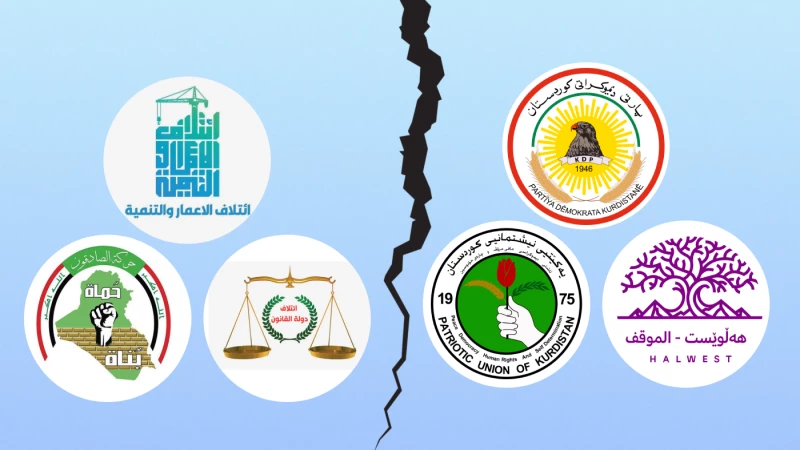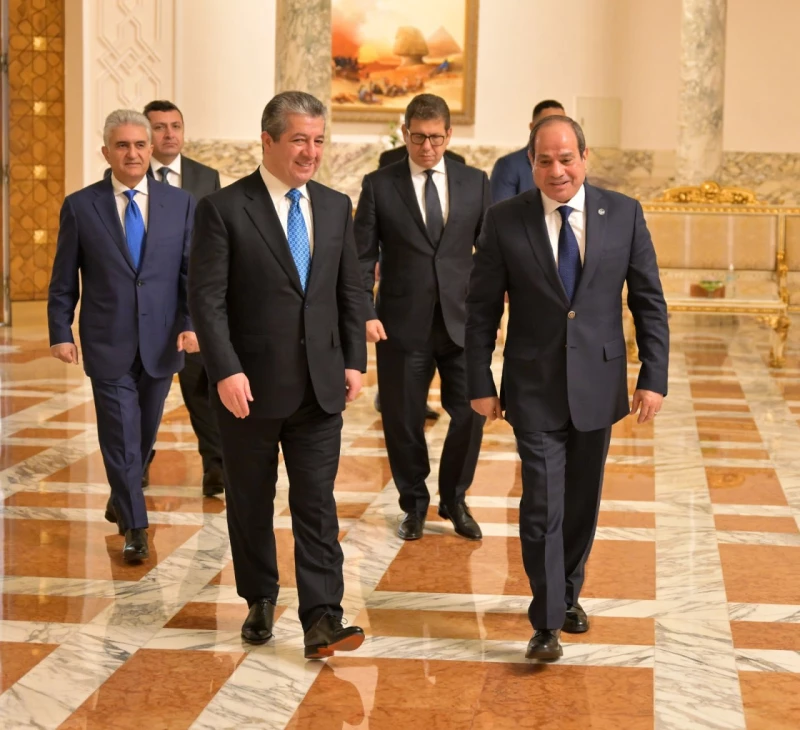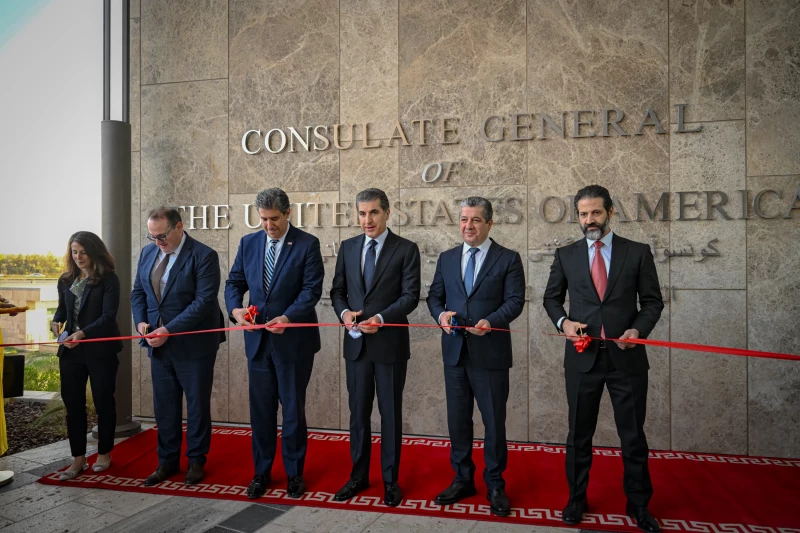After two and a half years of cessation—and nearly $30 billion in losses—the Kurdistan Region’s oil finally began flowing to international markets again on September 27. This came after an agreement signed two days earlier, following more than two years of arduous negotiations between the Kurdistan Regional Government (KRG), the federal government in Baghdad, and the international oil companies (IOCs) operating in the region. Both Iraqi Prime Minister Mohammed Shia al-Sudani and KRG Prime Minister Masrour Barzani hailed the move as “historic.” The timing was striking: the announcement came on September 25, the anniversary of Kurdistan’s 2017 independence referendum—a symbolic echo that invites questions about whether it was coincidental or deliberate.
As for the resumption itself, the outcome is a win-win, delivering tangible benefits to all sides. True, there are elements of the agreement that leave each party less than fully satisfied, but such is the nature of deal-making in politics: compromise stitched together through pragmatism, pressure, and shifting (geo-)political winds.
Baghdad might take satisfaction in finally getting the KRG to export its oil through the federal State Organization for Marketing Oil, or SOMO. Since the outset of the KRG’s independent oil exports in the late 2000s, the federal government has insisted such sales could not proceed without its approval.
For Baghdad, it was the shifting regional environment and the weakened hand of the Iran-backed Shiite camp after suffering major blows in Lebanon and Syria late last year. Against this backdrop, and with the Trump administration pressing a commerce-centered foreign policy, the Iraqi government may have calculated that it was unwise to undercut US and Western investment in Iraqi Kurdistan. The provocative remark by federal Oil Minister Abdul-Ghani Hayan, describing the deal as the KRG “handing over” oil rather than “resuming exports,” likely reflected Baghdad’s unease with aspects of the arrangement and its desire to avoid appearing to have conceded ground—especially in an election season. A further incentive for Sudani may well have been his bid to retain office beyond November’s parliamentary elections and his need for Kurdish backing, particularly from the Kurdistan Democratic Party, the senior partner in the KRG’s governing coalition.
As for the KRG, the deal signals Baghdad’s recognition of KRG energy contracts. The Federal Supreme Court had declared the KRG’s agreements with IOCs unconstitutional in 2022 and again in 2024, though the Iraqi Court of Appeals later recognized the contracts in 2025. The Kurdish government may not be entirely satisfied with the current outcome of exporting its oil through Baghdad, but it had little choice after independent oil exports through Turkey were halted in March 2023, following a ruling by the International Court of Arbitration of the International Chamber of Commerce in Paris. The pressure on the Kurdish government was immense, with nearly 1.2 million civil servants, retirees, and social benefit recipients on its payroll growing increasingly frustrated by the erratic salary and budget transfers from Baghdad.
The federal government had tied the disbursement of the KRG’s budget to its delivery of oil and non-oil revenues. Additionally, for the ruling Kurdish parties, it was crucial to restore the flow of budget and salaries in the run-up to the federal parliamentary elections in order to secure public support.
For the IOCs operating in Kurdistan under production-sharing agreements with the KRG, the current deal serves them as well. It recognizes their contracts with the KRG and their entitlements arising from them—despite Baghdad’s attempts once to amend the contracts. It also relieves them of the political tug-of-war between Baghdad and Erbil that had long ensnared their operations. The Association of Petroleum Companies in Kurdistan (APIKUR) welcomed the restart, declaring that “the resumption of oil exports benefits all Iraqis and strengthens global energy markets.” Two foreign firms, the Norwegian DNO and Turkish Genel Energy, have opted to remain outside the tripartite agreement. The IOCs can now look to gradually raise production back to pre-2023 levels of around 400,000 barrels per day. The current production and transportation fee of $16 per barrel (in line with Iraq’s 2025 budget law) is acceptable to the IOCs—below the roughly $20 they once hoped for, but far above the $6 and $7.9 Baghdad had previously insisted on paying. With the backing of the current US administration, these companies may also expect opportunities for further exploration, as reflected in the May gas deals signed by HKN Energy and WesternZagros to develop Kurdish gas fields.
For now, the deal will suffice, at least for the coming months—or until a new government is formed in Baghdad, a process unlikely to be swift given the depth of political fragmentation within and between Shia, Kurdish, and Sunni Arab blocs. These internal rifts are further shaped by volatile regional dynamics and US interests. Strategically, what matters most for the Kurdistan Region is its ability to develop its energy industry rather than being capped at current or future production levels of 190,000 to 400,000 barrels per day. Should Baghdad invoke the disputed 2022 Federal Supreme Court ruling to block or restrict new KRG contracts with foreign energy firms, tensions with Erbil would inevitably flare again.
The US role—acknowledged by Secretary of State Marco Rubio—in facilitating this deal and getting Kurdish oil flowing through the pipeline was critical. The Trump administration has placed heavy emphasis on developing the KRG’s energy sector and restoring exports, with Rubio raising the issue on more than one occasion with both Sudani and Barzani. The swift statements of support from Rubio and Energy Secretary Chris Wright underscored the depth of the US government’s investment in the issue. This demonstrates that Washington now has a stronger stake in the deal’s success and deeper interests in Kurdistan’s energy sector, tied to the investments of US-based IOCs.
Whether a strategic move or a tactical measure, the deal is now operational, but remains vulnerable. Hostile figures or groups in Baghdad could exploit the KRG’s lower output—below the 400,000 barrels per day stipulated in the 2025 budget law—as a pretext to delay the Region’s budget share, particularly amid reports of liquidity shortages in the federal treasury. For the KRG, the priority will likely be ensuring compliance to secure timely and regular transfers from Baghdad, at least for the foreseeable future, while intensifying efforts in both Baghdad and Western capitals, especially Washington, to safeguard foreign investment and preserve its ability to sign contracts with a degree of autonomy, even if not in the same form as before 2023.
The views expressed in this article are those of the writer and do not necessarily represent the position of The New Region's editorial team

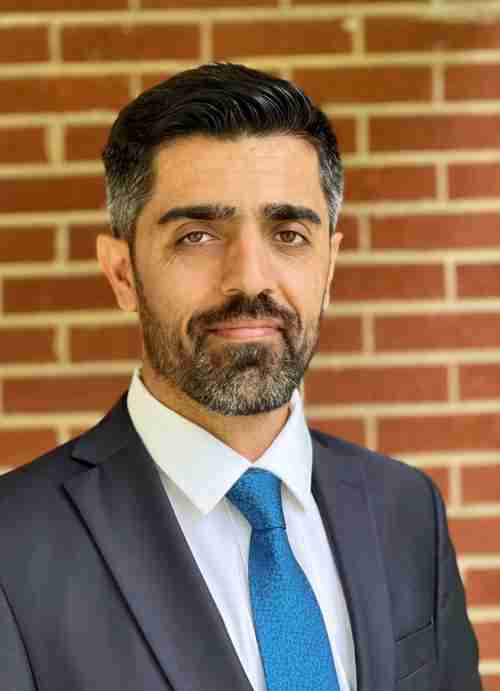
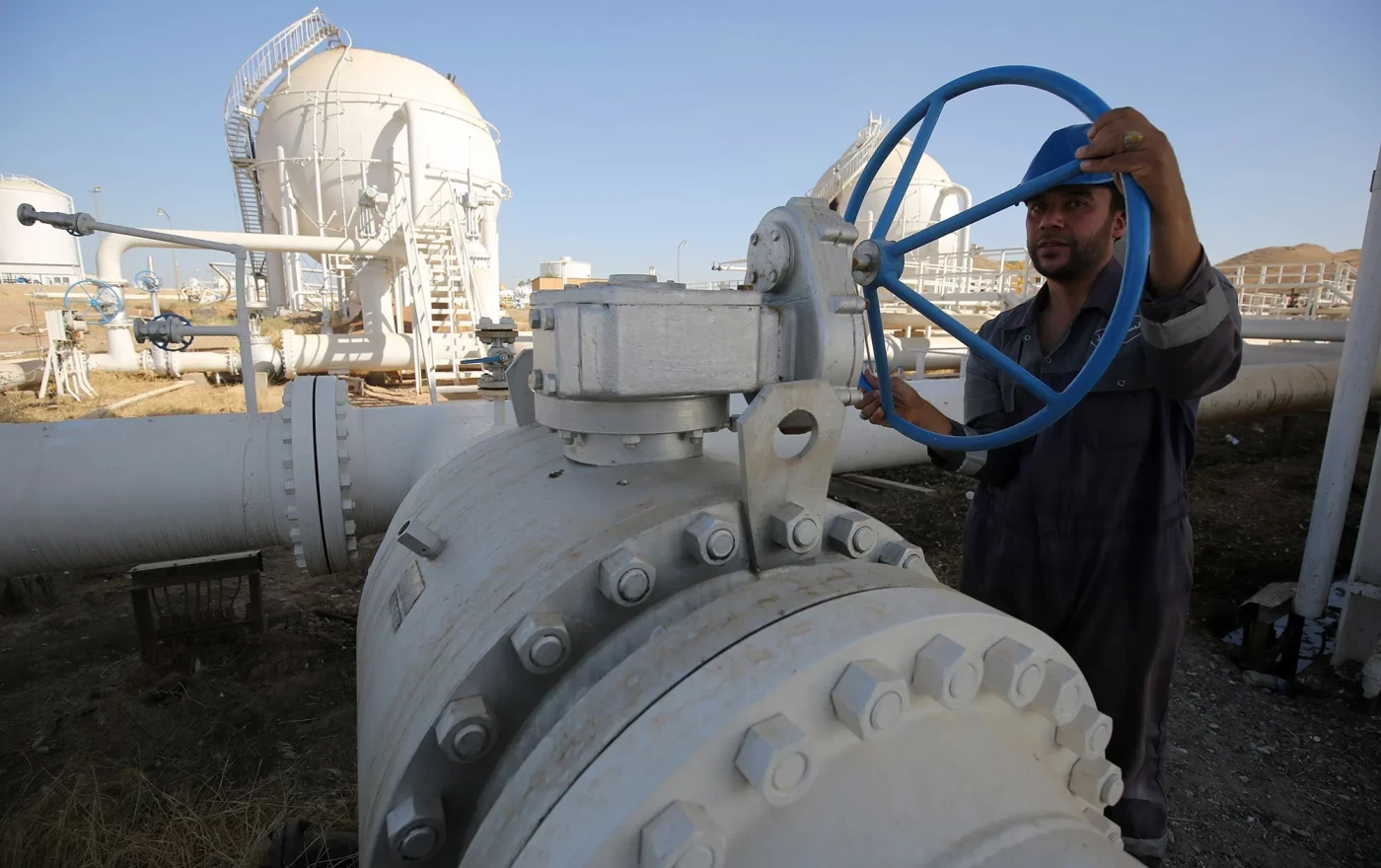
 Facebook
Facebook
 LinkedIn
LinkedIn
 Telegram
Telegram
 X
X
